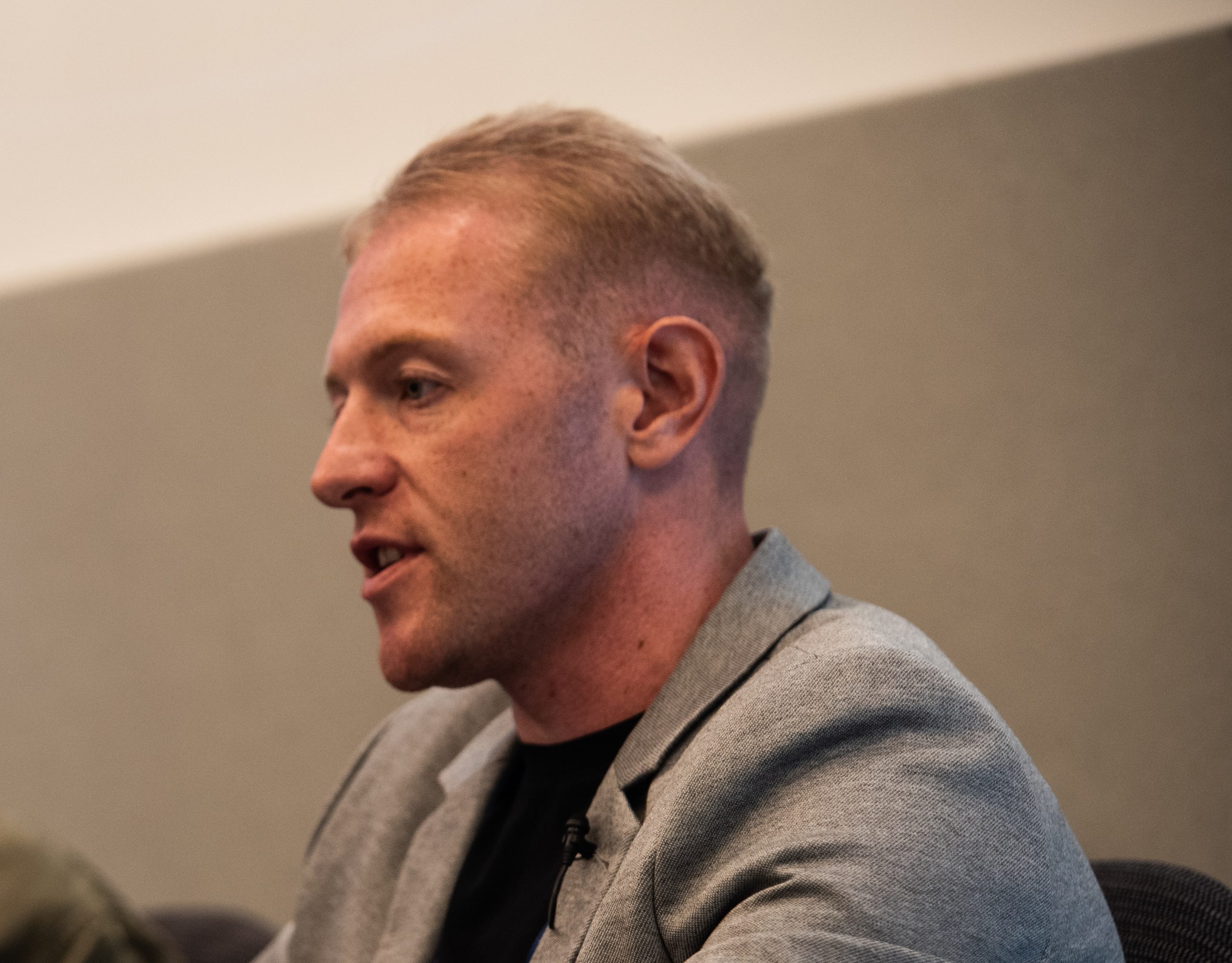Is this the end of mobile ads?
- Friday, August 24th, 2018
- Share this article:
Following news that mobile media company Weve is shifting focus from delivering ads to understanding data, Ben Phillips, MediaCom’s global head of mobile, asks ‘Is this the end of mobile ads?’
 In the past, many companies used to sell mobile media as a way of making money tactically until they could scale and focus on their core strategic data businesses. So, news that O2-owned Weve is pulling out of delivering mobile ads to focus on using consumer data for its own marketing and brand loyalty purposes won’t come as a surprise to many.
In the past, many companies used to sell mobile media as a way of making money tactically until they could scale and focus on their core strategic data businesses. So, news that O2-owned Weve is pulling out of delivering mobile ads to focus on using consumer data for its own marketing and brand loyalty purposes won’t come as a surprise to many.
As a company, their services have been increasingly moving away from activation into insights, so it makes sense that they would use their data in this way.
At MediaCom, mobile has a part to play in nearly 100 per cent of our digital campaigns, including- search, social, attribution or even pure display (although I am pleased to see fewer mobile-only campaigns as a branding or activation exercise). But, most importantly, more marketers are beginning to understand just how much real-time consumer data mobile can offer over other media channels.
Post-GDPR, many suppliers who collect customer data and resell it to advertisers have struggled to monetise their services due to new restrictions surrounding personally identifiable information (PII Data). Device ID, which is the string of numbers and letters that identifies every individual smartphone or tablet in the world, is just one of these restrictions.
When it comes to mobile, telcos won’t want to get caught breaching these restrictions and getting fined. It’s not worth losing a percentage of their total turnover for the amount of revenue mobile display advertising has afforded them. This would probably be more of a deciding factor to pull out of mobile ads than adblocking as this affects every mobile campaign and hasn’t stopped the exponential growth in this channel.
Speaking of adblocking, we had this conversation two years ago; if you look at the decline in the install base of ad blockers during this time period it says a lot about the industry’s understanding of what the consumer doesn’t want. Often, consumers don’t install adblockers because they simply hate ads, they do so because of other contributing factors such as page load speeds and badly targeted advertising.
I was born into the mobile ecosystem 15 years ago working with green screen handsets and push SMS, but to consumers, today, ‘push’ can seem rather intrusive, despite its high viewability scores. But, once we fix the hygiene factors of getting the right ad to the right person in the right format we can address most of these concerns.
So, will we see more companies following Weve’s lead? In my opinion, in the future, suppliers who focus on their core strengths and invest in their own mobile platforms will win out. My advice? Be niche, not ‘We do everything for everyone’, and be clear in your proposition. Ultimately, the biggest opportunities are with digital location specialists who can offer greater sophistication and scale (e.g. Blis)
Mobile – and lets all repeat the mantra ‘Mobile is a behaviour, not a device’ – is being used more and more to provide quality data, and it provides a clear understanding of consumer behaviour. How we obtain and use this data is will help us demonstrate real innovation and best practice.
















